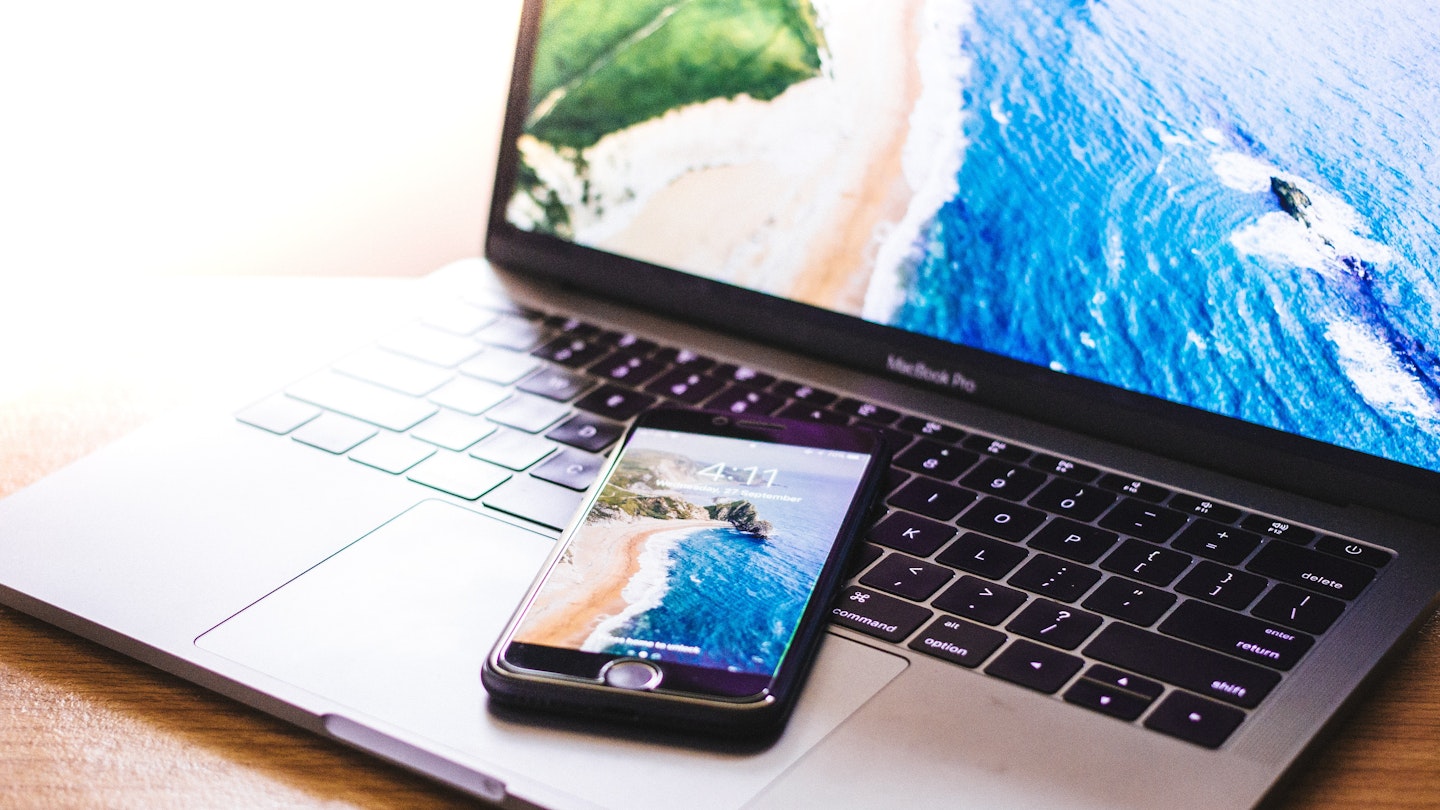It was being caught red-handed by my partner discreetly slipping my work laptop into my suitcase that forced me to check myself recently. I had emails to send and interviews to set up during our holiday in Ireland: it would make returning to work much easier, I protested. But I knew he was right to say falling into a routine of working on holiday isn’t healthy.
I’m not the only one, though: a new trend called leavism has been identified. Forget presenteeism– where we feel we need to show face at work for longer than is required to prove our eagerness - ‘leavism’ is where we work on holiday to avoid being seen as slackers by our bosses.
Researchers at Manchester Business School identified the trend and estimate up to half of workers have claimed they are on leave when they are actually using it to catch up on work. They also suggest it is being used by workers who would rather take annual leave when they are ill instead of calling in sick, as they fear sick days make them more vulnerable to redundancy.
Cary Cooper, Professor of Organisation Psychology and Health at Manchester University’s business school, told The Telegraph: ‘We are in an era where people are much more afraid of losing their jobs than in the past. Companies have been operating in a low-growth environment for the past decade, which has meant more focus on profitability – including labour costs.’
He adds that people want to be perceived as being on top of their work. ‘The way to do that is to cover all the bases and use their leave for work or sickness,’ he says.
Because of this, we’ve ended up in a place where we are afraid to say no and end up taking on more than we can cope with. Ask anyone at work how they are doing and chances are your frazzled colleague will sigh ‘busy’ as they dash off to a meeting; their lunch half eaten on their desk.
A study by the Chartered Institute of Personnel and Development in 2018 found 72% of respondents reported that ‘leavism’ had occurred in their organisation over the past year and 37% reported people taking annual leave instead of sick leave when they were ill.
Professor Cooper also believes technology is contributing to the rise in leavism. The ubiquity of smartphones means it is difficult to escape our work. Charlie Johnson, 30, who works at a tech company is guilty of working during her time off.
‘Working for a tech company is always on and fast paced with back-to-back meetings, client requests as well as internal things to do; the to-do list never ends and there is always something else. Combined with regular work travel, it means that the usual 9-5 is blurred and regularly I will be answering emails and doing work after hours – and most nights, if I am not socialising, and on the weekends, too.’
I would rather put in the extra hours and feel on top of my work than stick to the 9-5 and constantly be playing catch up.
She says it makes her feel comforted to know she is on top of things instead of coming in on Monday morning to a mountain and feeling overwhelmed.
‘I would rather put in the extra hours and feel on top of my work than stick to the 9-5 and constantly be playing catch up,’ she adds. ‘The first few days of annual leave usually make me feel quite anxious as I’m worrying about things going wrong at work. Often I’ll take my work phone with me for shorter breaks as it sets my mind at ease to know that everything is under control.’
Some people also work on days off to prove themselves after starting a new job, something Fiona Peters, 32, who works in events, found recently.
‘I worked a lot of extra hours when I first started this job,’ she says. ‘Firstly, things took me longer as they were new to me. Secondly, I was picking up some of the slack from my predecessor. The projects that I was working on were all with external partners so there was pressure on my part to make them work, and I felt I needed to prove that I could do that and that they had employed the right person.’
Others, like Grazia's Guy Pewsey, 32, found the only way to break into a competitive industry was to intern during his annual leave from another place of work, leaving him without a proper break for a year.
‘When I was working in PR but was desperate to break into journalism, I used my annual leave to do internships and work experience placements. I would take a week off, set my out of office and send my handover to my colleagues, then arrive at magazines and newspapers the next morning to help stuff envelopes, give out the post and transcribe interviews. It was difficult: it meant I never got a week to decompress on a beach or just at home on the sofa, and I was still replying to emails and answering work calls while I was trying to make a good impression on these unpaid placements. Every weekday in the whole year was spent working, and since I was older than your average intern some of the staff seemed to wonder what I was doing there. But it eventually paid off.’
Whether we think we need to work on holiday to prove ourselves, feel our job is under threat or if we are doing it to avoid drowning in work, not giving ourselves a break isn’t likely to end well. Let’s treat this rise in leavism as a wake-up call, because it is probably a one-way ticket to burnout. If we switch off when we are meant to be recharging, chances are the work we do during paid hours will be more impressive.
So next time you're tempted to log on from the pool, think about the precious time you are giving away for free. Working on holidays sets a bad precedent that is hard to break down the line. From now on, I'm going to try my hardest to leave my laptop at work after setting my out of office - we'd all be healthier if everyone followed suit.
READ MORE: How To Cope When You're Dealing With Depression At Work
Click through for products to help you de-stress
10 Hot Products To Help You De-Stress
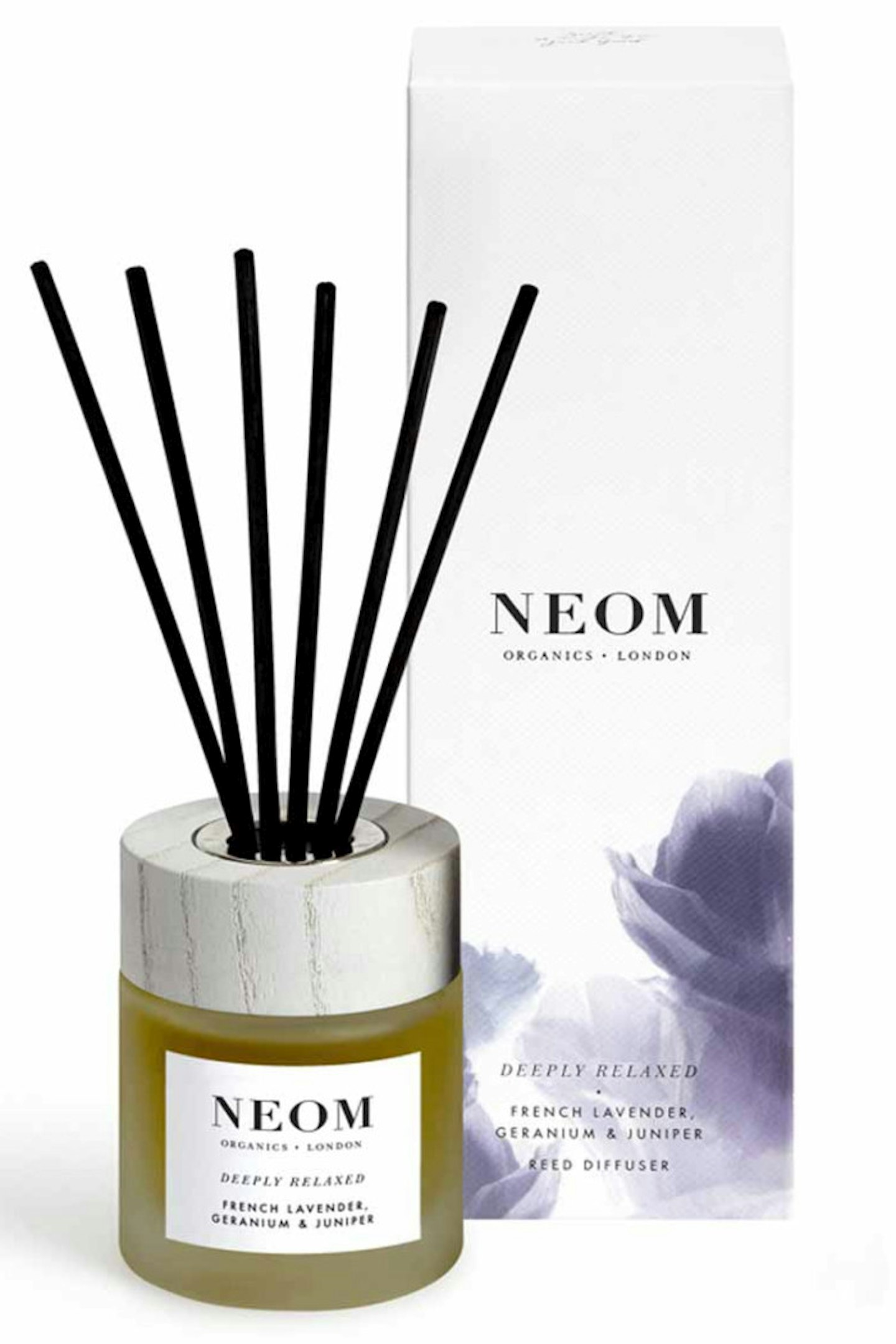 1 of 10
1 of 10anti stress products 2
NEOM Organics Deeply Relaxed Reed Diffusers, £38 This soothing blend of French lavender, geranium and juniper will help you re-focus and have a clear mind. Lavender's long been celebrated for it's soporific and unwinding qualities, with geranium can help balance your emotions.
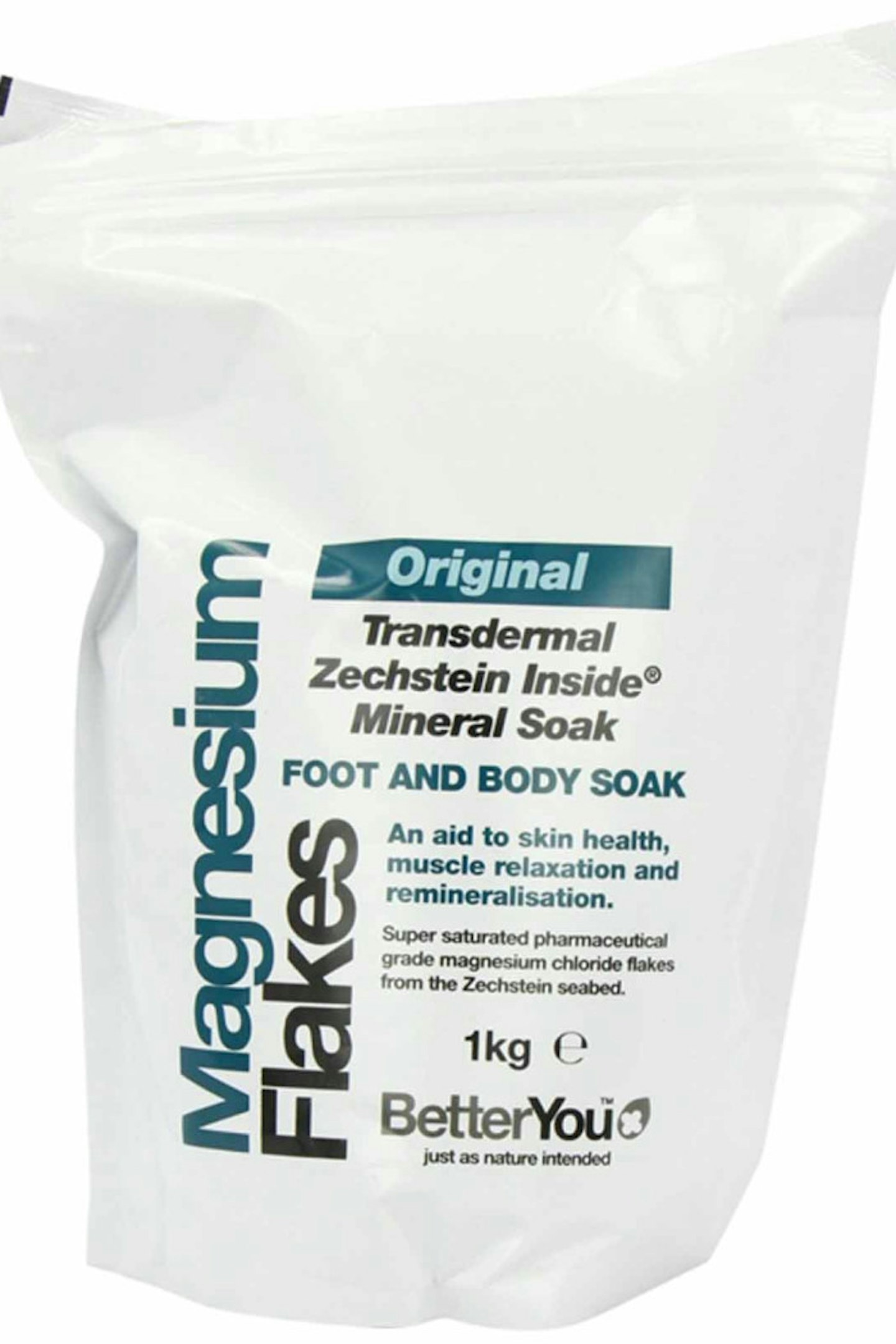 2 of 10
2 of 10anti stress products 3
BetterYou Magnesium Flakes, £9.95, Holland and Barrett These cult classic flakes are jam-packed with magnesium, which is proven to encourage deep, restful sleep. They make for one heck of a relaxing bath.
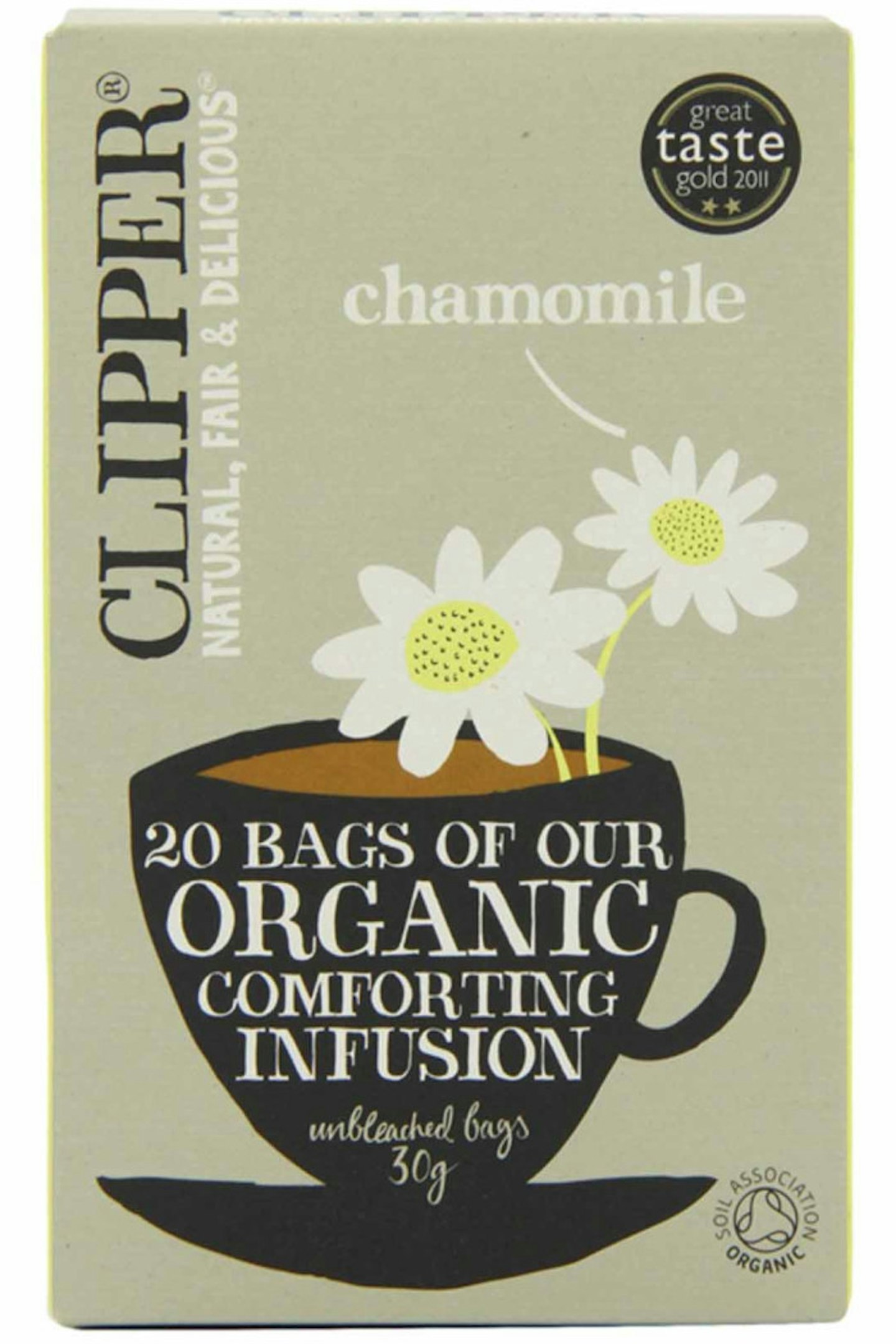 3 of 10
3 of 10anti stress products 4
Clipper Organic Camomile Tea, £2.65 No need for much explaining here - camomile's been used since, well, forever, to help relax the body. Sip away on a comforting cup of hot tea and watch your cares melt away.
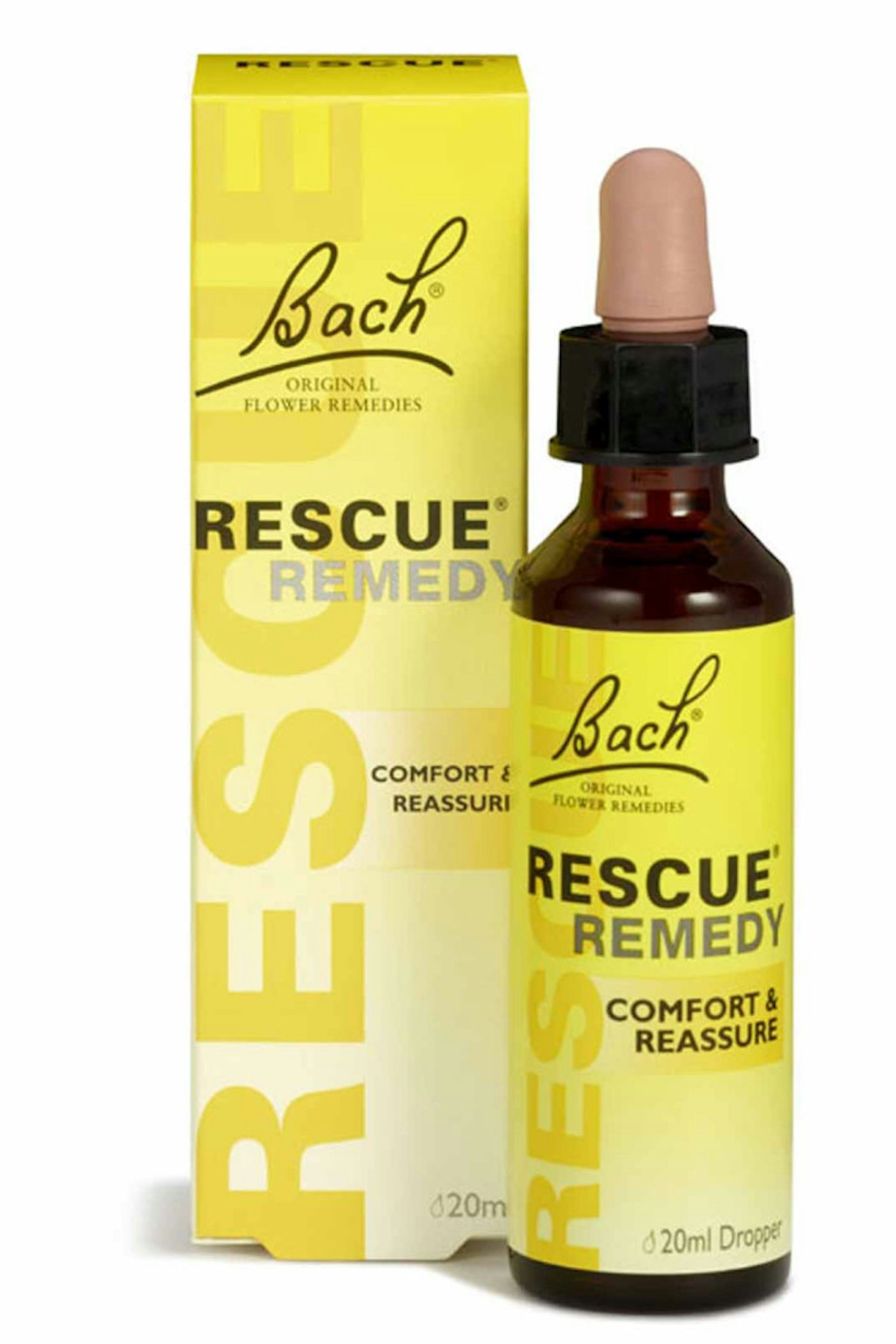 4 of 10
4 of 10Bach Rescue Remedy, £7.99, Boots
Bach Rescue Remedy, £7.99, Boots This has been the staple of many an axious soul for years - a quick few drops on the tongue helps to calm your nerves and let you regroup your thoughts. Perfect for emotionally demanding times.
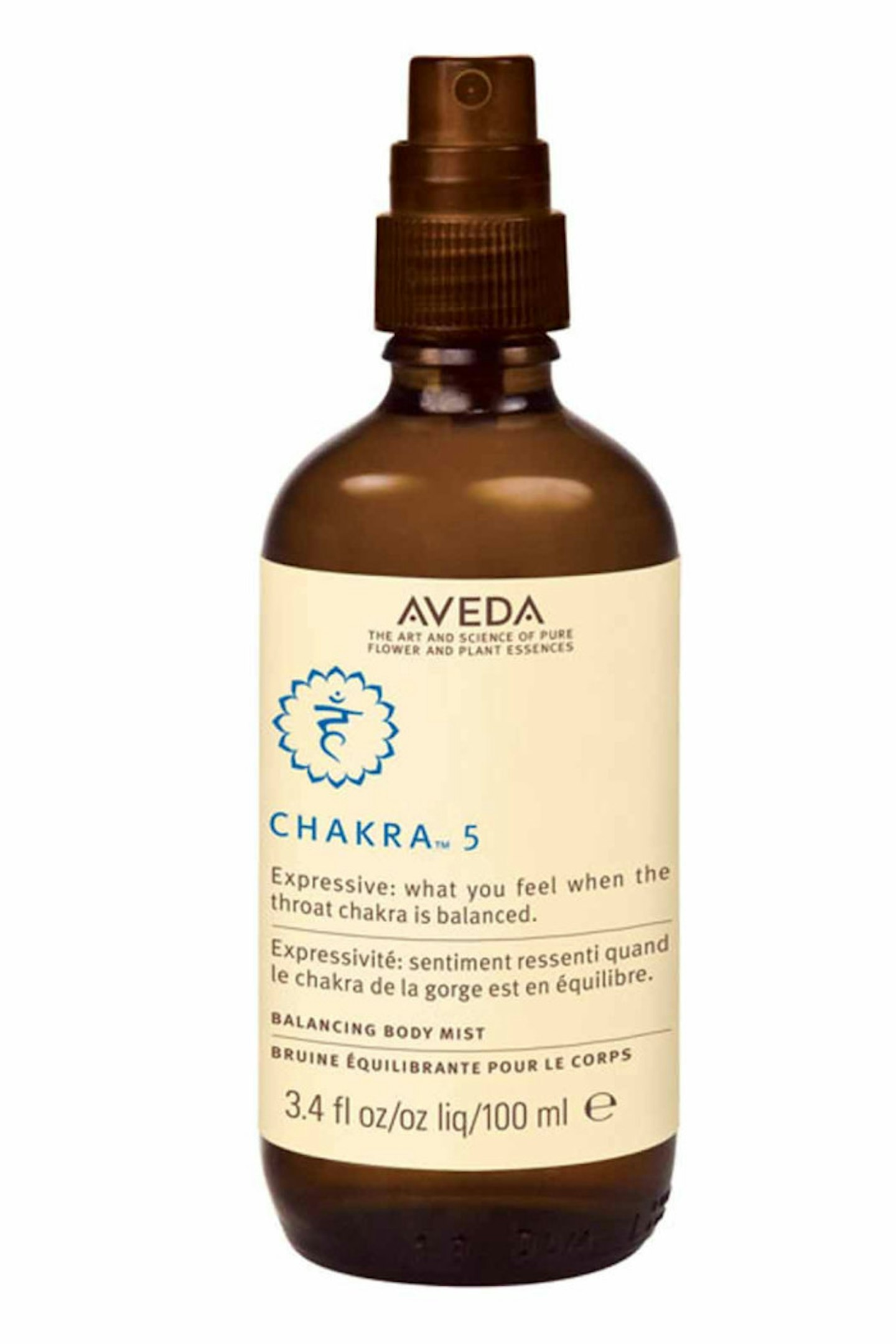 5 of 10
5 of 10anti stress products 8
Aveda Chakra 5 Balancing Body Mist, £29 All the Aveda Chakras are designed to bring inner harmony, as per the Avyuverdic tradition, but this one in particular helps to balance expression and self-reliance. Spritz on yourself to help align your sense of self and groundedness.
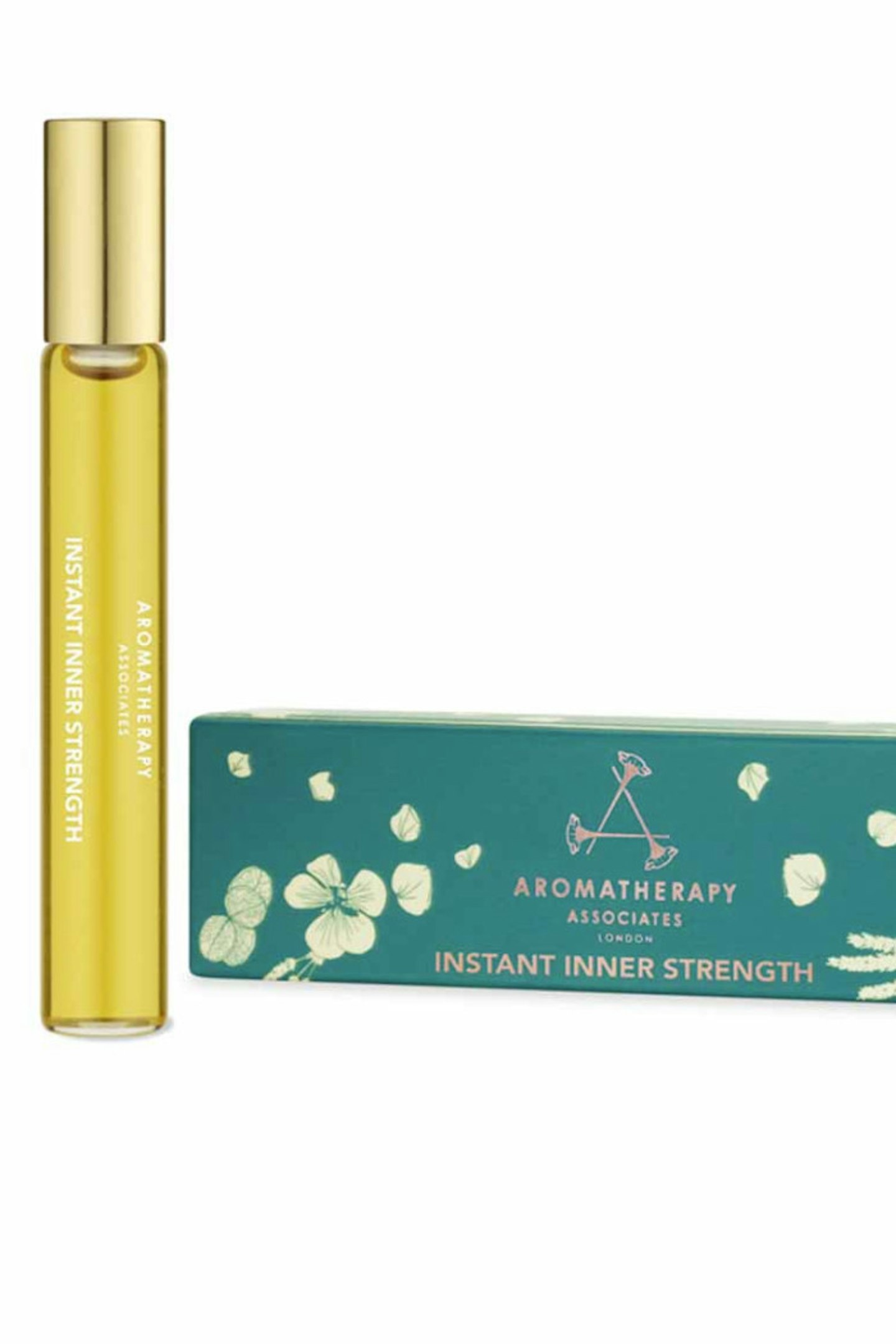 6 of 10
6 of 10anti stress products 9
Aromatherapy Associates Instant Inner Strength Roller Ball, £15 This quick fix is Aromatherapy Associate's instantly reviving Inner Strength oil in a handy rollerball - perfect for on-the-go de-stressing.
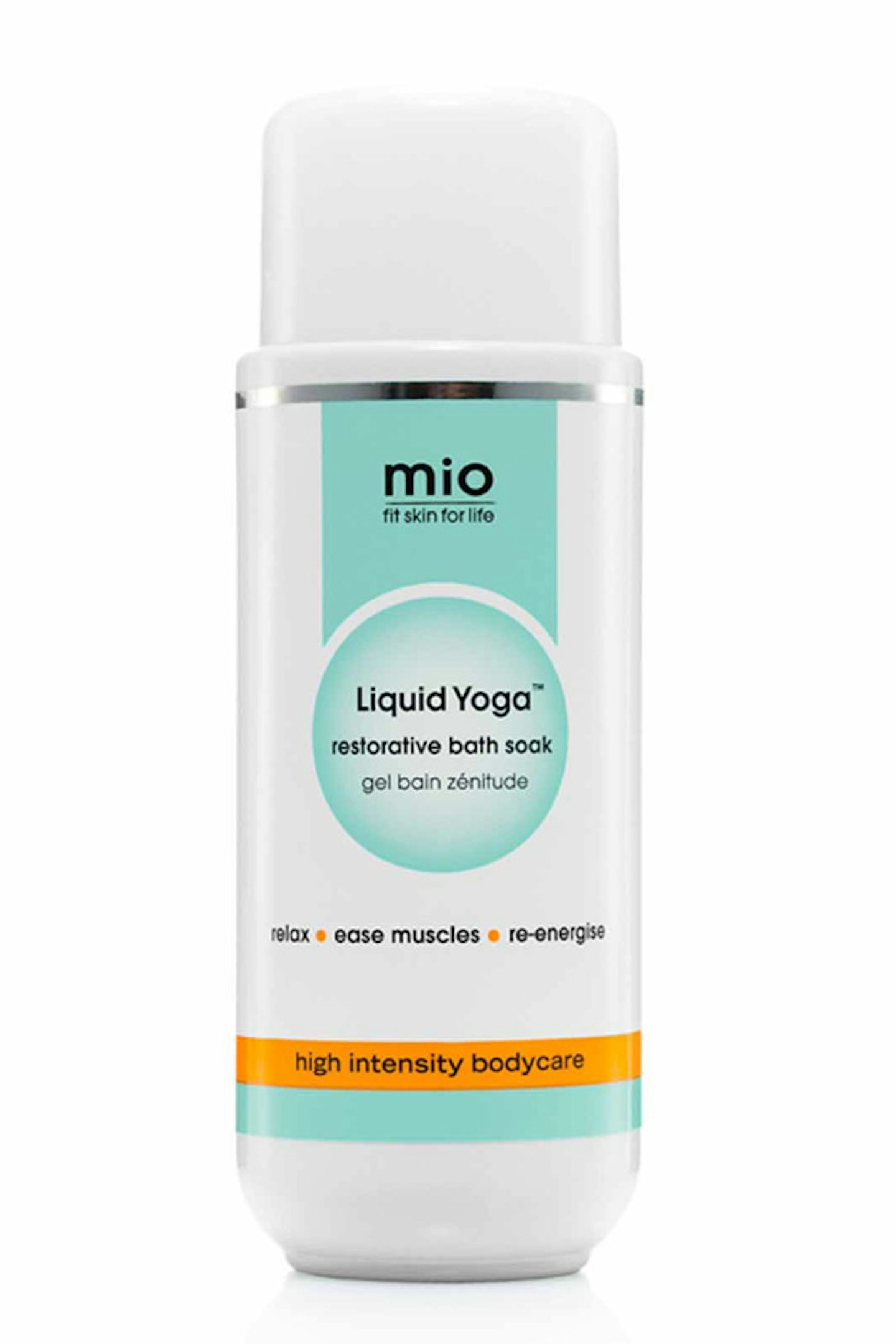 7 of 10
7 of 10anti stress products 11
Mio Liquid Yoga Restorative Bath Soak, £26, Space NK This unwinding bath soak helps soothe tense muscles and provide much-needed calm. You can also just sniff the bottle throughout the day to help you unwind. A mix of potent herbs and essential oils are to thank for it's calmig properties.
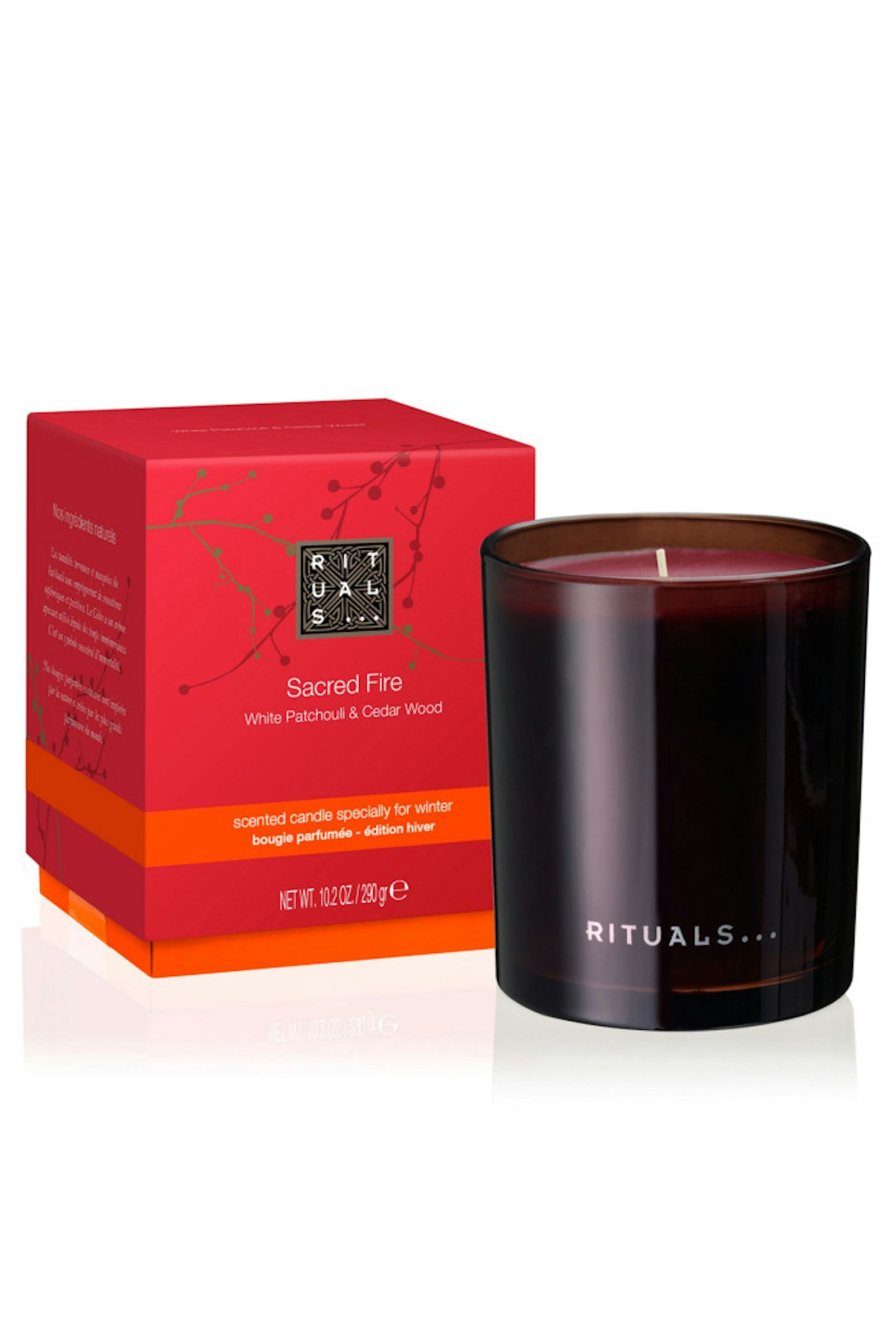 8 of 10
8 of 10Rituals-candle
Rituals Sacred Fire Candle, £19.50 This candle has scents of patchouli and cardamom, which help to wrap your bedroom in a warm, soft glow and help you relax. Is there anything more calming than candle burning, either?
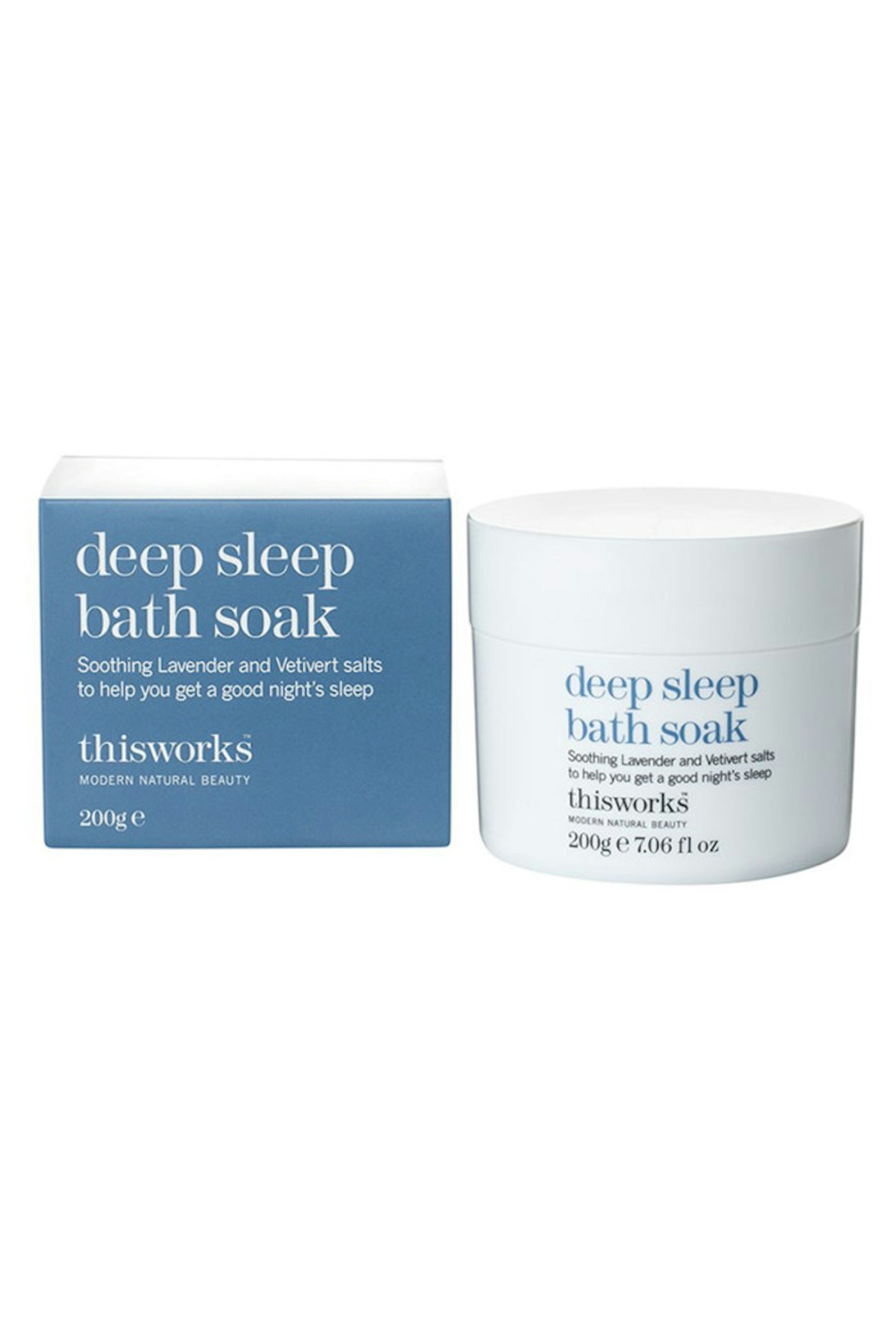 9 of 10
9 of 10this-works
This Works deep sleep bath soak, £22 These unwinding salts are enriched with soothing, natural oils of Lavender, Vetivert and Wild Camomile - plus, they leave your skin all soft and lovely.
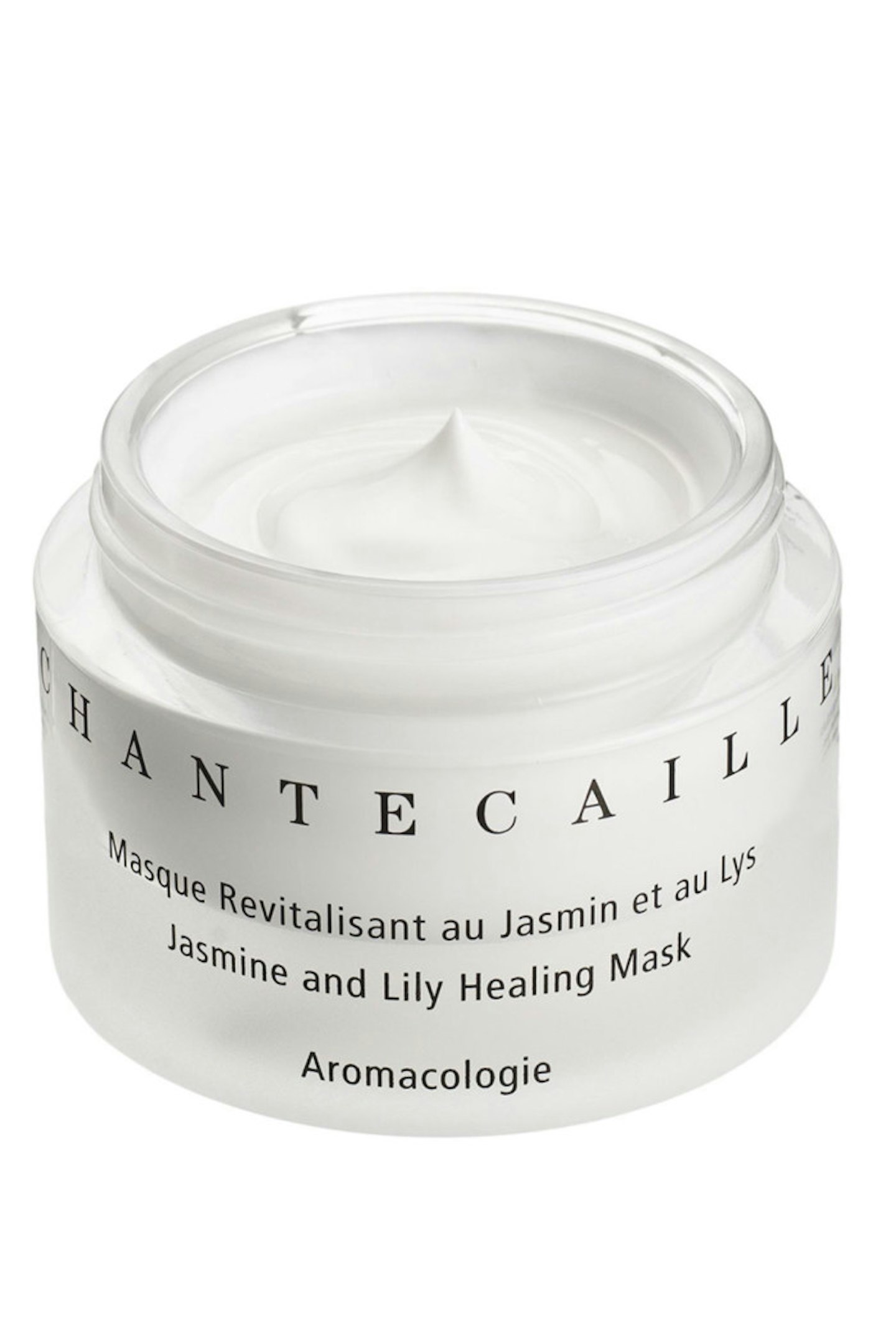 10 of 10
10 of 10CHANTECAILle-cream
Chantecaille Jasmine And Lily Healing Mask, £60, Space NK If you have time to treat yourself, this mask soothes and brightens stressed out skin, as well as combatting stress-induced rosacea with cooling camomile and Vitamin B5 to repair damaged tissue. Hydrating and calming, this is the ultimate revival for stressed-out skin.
